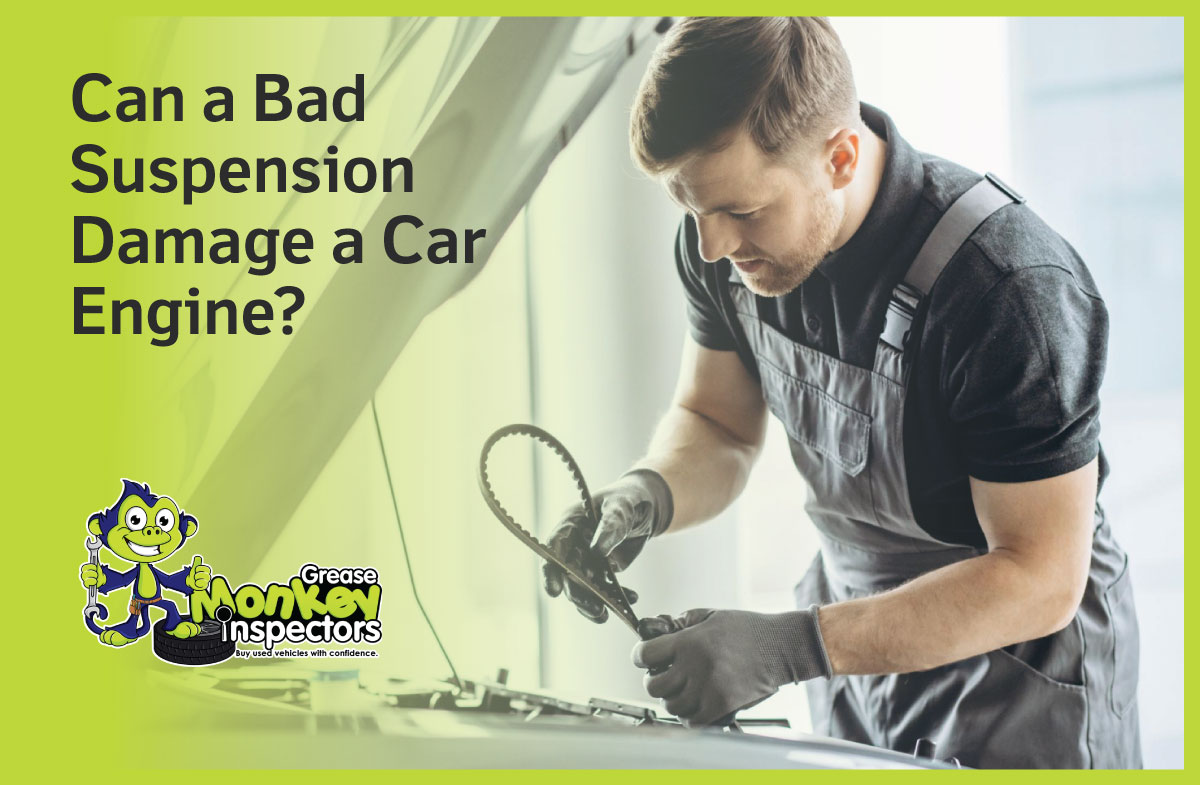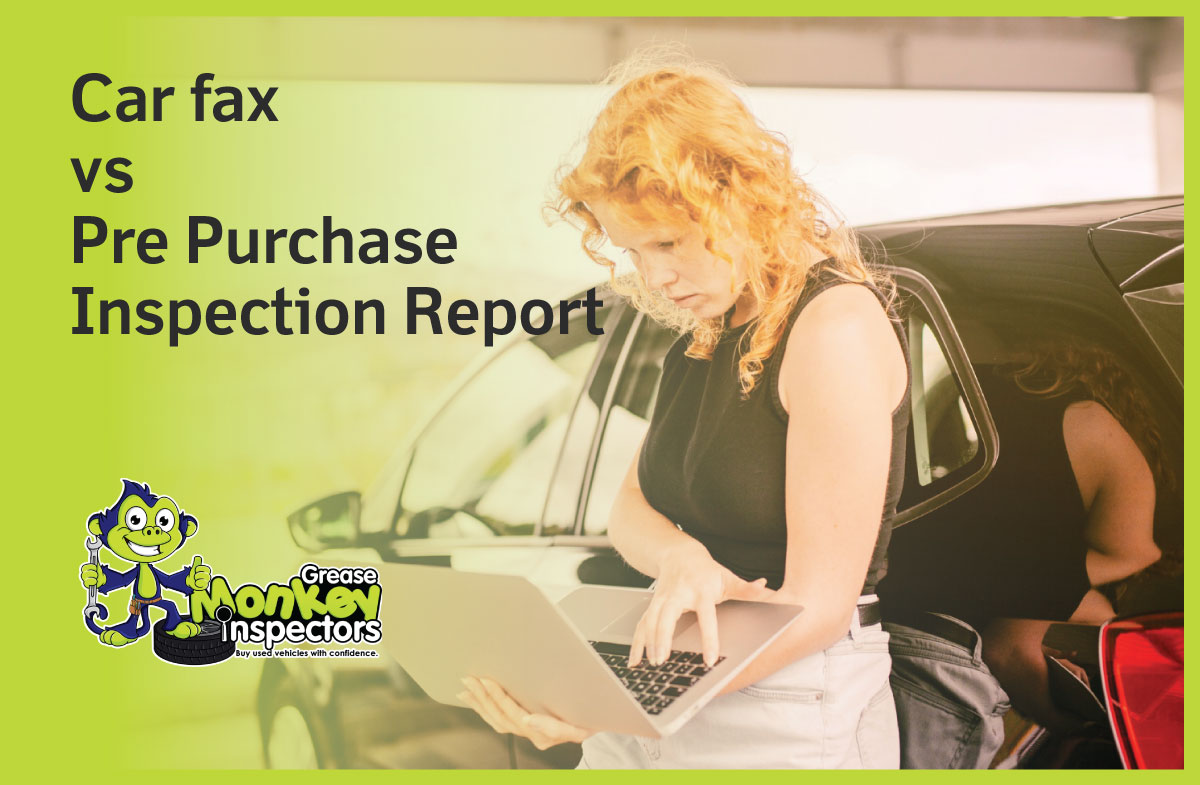Keeping your fleet vehicles in top condition is crucial for any business, whether you are in the trucking industry, operate a taxi service, or manage a rental car company. At Greasemonkey Inspectors, we understand the importance of maintaining fleet vehicles to prevent breakdowns and ensure smooth operations. Our pre-purchase vehicle inspection service is designed to help you manage your fleet vehicles efficiently. Here are four key reasons why fleet vehicle maintenance is essential.
Preventive Maintenance Ensures Driver Safety
Proper vehicle inspections are vital for preventing accidents caused by issues like worn tires or blowouts. Regular inspections can identify potential problems before they become serious. Depending on the usage, these checks might be needed annually or more frequently. By keeping your fleet vehicles in Ontario and across Canada in optimal condition, you ensure the safety of your drivers on the road.
Cost-Effective Maintenance Reduces Expenses
Investing in preventive maintenance for your fleet vehicles is more cost-effective than dealing with major repairs after a breakdown. According to OSHA, motor vehicle crashes cost employers $60 billion annually in medical care, legal expenses, property damage, and lost productivity. By scheduling regular inspections with Greasemonkey Inspectors, you can address minor issues before they escalate, saving you time and money in the long run.
Year-Round Maintenance Boosts Productivity
Keeping your fleet vehicles in good working condition year-round helps avoid operational delays and maximizes productivity. Regular maintenance ensures that your vehicles are always ready to meet deadlines, reducing downtime and preventing costly disruptions. Proper maintenance also minimizes the risk of accidents, keeping your drivers safe and your business running smoothly. Efficient fleet management, especially for fleet vehicles in Ontario and other parts of Canada, is crucial for maintaining productivity.
Positive Impact on Customer Satisfaction
Well-maintained fleet vehicles lead to higher customer satisfaction. When your vehicles are reliable and free from frequent mechanical issues, you can meet customer expectations consistently. This reliability helps build customer loyalty and strengthens your business reputation. Routine maintenance with Greasemonkey Inspectors ensures that your fleet vehicles perform optimally, reducing missed appointments and keeping your customers happy.
Track Maintenance with Detailed Logs
Maintaining a detailed log of all the maintenance performed on each vehicle makes it easier to manage preventive schedules. This proactive approach helps identify issues like improper tire inflation before they become serious problems. By staying on top of maintenance, you ensure the safety and efficiency of your fleet.
For comprehensive inspection services, book your fleet vehicle maintenance with Greasemonkey Inspectors. We provide expert pre-purchase vehicle inspections for all types and models of fleet vehicles in Ontario and across Canada.
Explore our Inspection Packages to keep your fleet in top condition and your business running smoothly.










